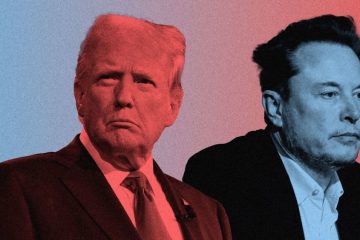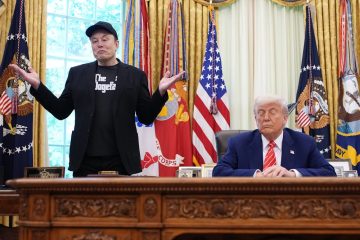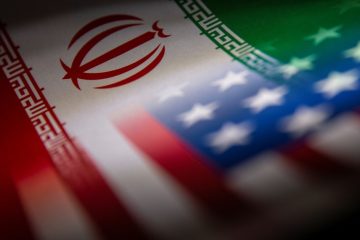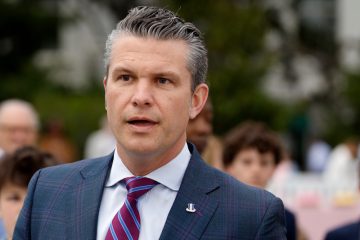Strict US sanctions plans are here to remain
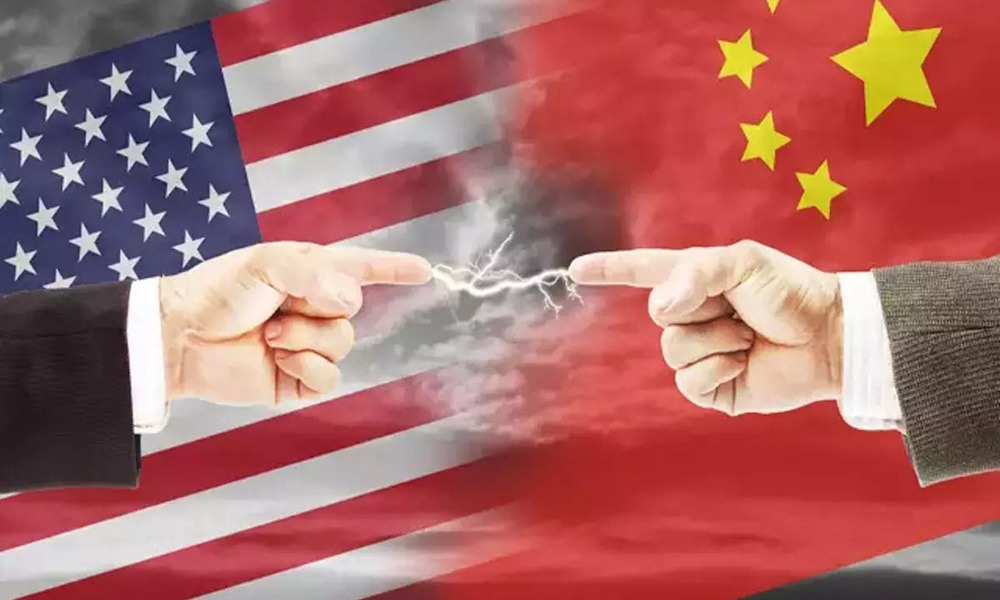
The Biden administration took strong measures in response to Russia’s invasion of Ukraine in 2022, implementing a wide range of sanctions that affected numerous companies and individuals.
The enthusiastic utilization of this tool, which is a cost-effective method to promote the U.S.’s agenda internationally, is expected to remain a consistent aspect of U.S. foreign policy, regardless of the outcome of this year’s presidential election. The United States has relied on its dominant position in the global economy and the widespread use of the dollar as a reserve currency to exert significant influence on a global scale. However, the conflict between Russia and Ukraine caused a significant change in the way the United States approached economic pressure. The U.S. and its allies collaborated on an ambitious strategy to disrupt Russia’s economy and the military apparatus it sustains.
Implementing sanctions is often seen as a convenient option for Washington. Compared to alternatives like providing military aid, sanctions have lower direct costs and rely on the cooperation of banks and other private sector actors to enforce them. These actions have garnered widespread approval from legislators across the political spectrum. However, even after more than two years of the conflict, there is still ongoing debate about the effectiveness of the measures. However, regardless of whether it’s Vice President Kamala Harris or former President Donald Trump, the next U.S. president is unlikely to disrupt the ongoing sanctions. Their opinions may vary on where to focus the next efforts, though.
In 2023, the Biden administration expanded its sanctions list to include 2,500 targets, which is an increase from the 2,275 targets designated in 2022. These figures were reported by the Center for a New American Security, a bipartisan think tank. The number has seen a significant surge compared to previous years. Over the period from 2017 to 2021, the United States witnessed an average annual addition of approximately 815 targets to the list. The increasing utilization of sanctions is not limited to the current Biden era. While previous attempts to impose sanctions for national security reasons have not reached the magnitude witnessed in recent times. Sanctions have been increasingly utilized, starting from the Obama administration and continuing through the Trump presidency and beyond.
Harris’s campaign did not provide access to an official who could discuss her stance on foreign policy. Her campaign recently enlisted the expertise of Brian Nelson, a former Treasury official who led the department’s efforts to combat illicit finance. Observers widely anticipate that Harris’s approach would closely resemble, and possibly even surpass, Biden’s in terms of toughness.
The Trump campaign did not provide a response when asked for comment. Understanding the former president’s perspectives, even after his extensive tenure in the White House, can pose a challenge.
“It’s quite challenging to anticipate his actions in that area,” commented William Reinsch, a former Clinton administration appointee who currently serves as a senior adviser at the Center for Strategic and International Studies, a bipartisan think tank based in Washington. He seems to be rather inconsistent. He has a tendency to shift focus frequently.” When questioned about the possibility of easing sanctions related to Russia in order to promote peace, Trump recently expressed his mixed feelings about the tool. He admitted that while he didn’t particularly “love” it, he had found it to be quite useful when dealing with Iran.
“The support for these sanctions is incredibly strong in both parties,” stated Jeffrey Sonnenfeld, a management professor at Yale University who provided testimony before Congress in 2022, advocating for the cessation of capital flows to Russia. “On many occasions, the Trump administration showed a similar level of support for these sanctions as the Biden administration,” he remarked.
Trump has frequently emphasized his unique connection with Russian President Vladimir Putin, and his stance on the country diverges significantly from that of many Democratic Party leaders and even some within his own Republican Party. According to Emily Kilcrease, a former senior staffer in the Office of the U.S. Trade Representative who now researches geoeconomic statecraft, he might be more inclined than Harris to provide sanctions relief in order to secure concessions that could potentially bring an end to the Ukraine war. In general, Trump significantly increased the use of sanctions and similar measures during his presidency, with a particular focus on China. “There was definitely a sense of security during the Trump administration when it came to the extensive use of sanctions,” Kilcrease remarked.
Unlike President Barack Obama, the next president will benefit from the increased collaboration between the U.S. and its allies. The U.S., in its pursuit of international support, rallied allies in the U.K., Europe, and other countries, such as Japan and Canada, to help contain Russia. “That is indeed a significant change,” remarked Carlton Greene, a former chief counsel for the Treasury Department’s Financial Crimes Enforcement Network who currently serves as a partner at law firm Crowell & Moring. “The EU and the U.K. have made significant progress in expanding and developing their administrative infrastructure for sanctions regimes, which is a notable development.”
The upcoming president will enter a climate of increasing speculation regarding the effectiveness of sanctions in addressing Chinese aspirations concerning Taiwan, the self-governing island that Beijing considers as part of China.
According to Greene, who advises clients on sanctions, there is a noticeable increase in interest from the business and investment community regarding the application of sanctions in various Taiwan-related situations. Trump’s stance on China was notably firm even during his initial election campaign. However, the determination to curb China’s influence has gained widespread bipartisan support and prompted action from the Biden administration. Contrary to export controls that are currently implemented to restrict certain goods from reaching China’s military and hinder its artificial intelligence goals, as well as tariffs on Chinese-made products, imposing comprehensive sanctions to disrupt its economy is generally considered a measure of last resort due to the extensive interdependence between the United States and China. “Unless there is an active military conflict, the United States is unlikely to take drastic measures such as imposing sanctions on major Chinese banks or China’s central bank,” Kilcrease stated.




